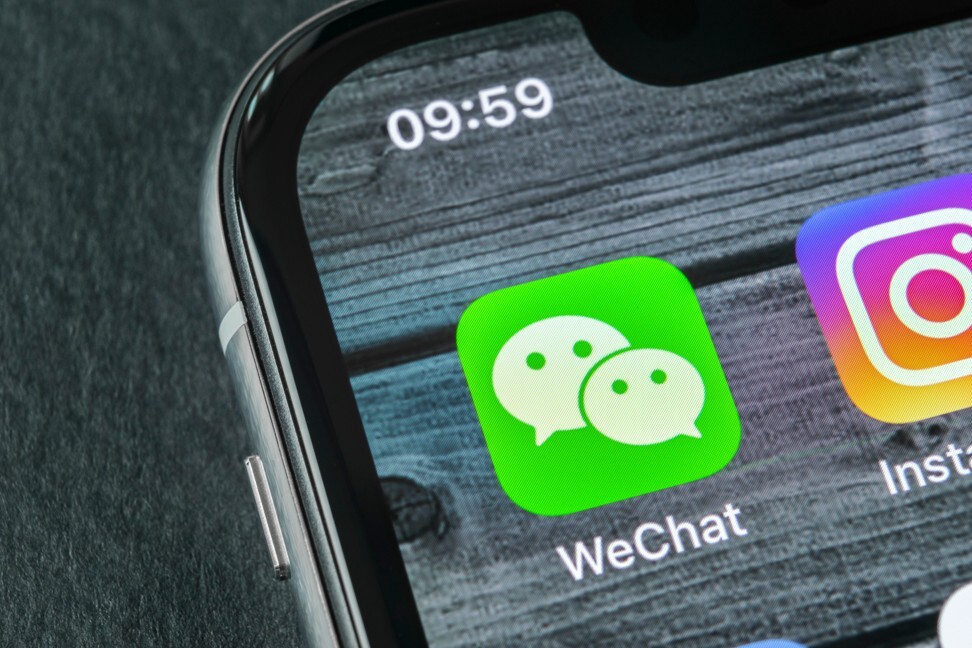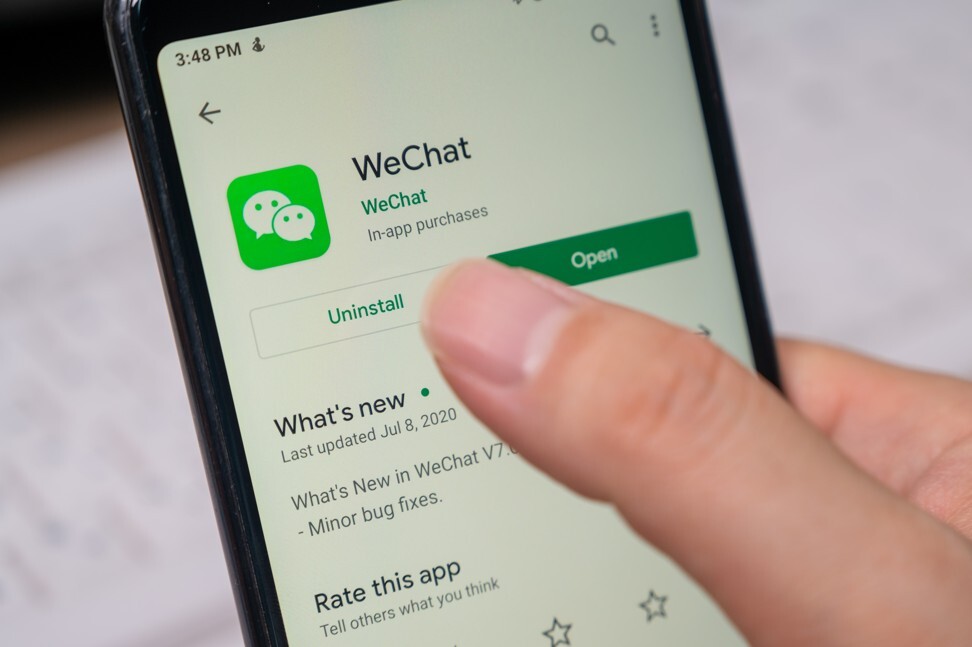
WeChat classes teach China’s elderly about digital health codes, e-payments and online scams
- A smartphone training course has been set up in a Chinese city to help the elderly adjust to modern technology, such as using WeChat for more than talking
- According to a 2018 survey, less than half of China’s elderly know how to use their phones to obtain essential services like online shopping or paying bills
For 67-year-old Ma Chunxia, WeChat, one of China’s most popular and versatile digital platforms, was just something she used to keep in touch with her friends, despite it being able to do everything from making video calls and settling bill payments to booking hospital appointments.
That changed a few weeks ago when she took a smartphone training course at the Drum Tower Open University, a college of continuing education for the elderly in the eastern city of Nanjing in Jiangsu province.
The university dean, Ye Qingtao, told Chinese Communist Party-owned newspaper The Beijing News that the course was set up to help older people adjust to, and cope with, modern-day developments. “Technological development should not overlook the elderly,” Ye said.

Ma told The Beijing News that she found the class interesting. “My children know a lot of this stuff, but they don’t have the time or patience to teach me, so I need to ask the teachers in class,” she said. Her goal is to learn how to make hospital appointments.
JD.com’s big smartphone is made for your elderly relatives
Ma isn’t the only one feeling left behind as app use increases in everyday life.
China has, since the start of the Covid-19 outbreak, pushed for the rapid digitisation of its civil services, and now requires people to register for a health code that needs to be shown at the entrance of hospitals, shopping centres, banks and train stations.
Some hospitals and banks are only accepting appointments made online or through phone apps, citing the no-contact rule. Shops are advertising payments made via phone. These are all actions that have directly threatened the survival of people like Ma.

Last month, Chinese newspaper Sichuan Daily reported that an elderly man was turned away by the Sichuan Huaxi Stomatological Hospital because he didn’t know how to make an appointment online.
He had taken several buses to get to the hospital in the morning, only to be told by staff that all on-site reservations had been cancelled for safety purposes, who instead suggested that he ask his children for help making an online booking.
“You shouldn’t shut us out your door!” he begged the hospital staff, but still had to leave.

In a survey by the Chinese Academy of Social Sciences in 2018, less than half of the elderly asked knew how to use their phones to obtain essential services such as online shopping, settling bills and booking tickets.
It’s for reasons like these that the Nanjing university course has been such a hit with its students. Ye said the classrooms fill up for every lesson. “Our curriculum isn’t set, we teach whatever society requires,” Ye said.

.jpg?itok=H5_PTCSf&v=1700020945)